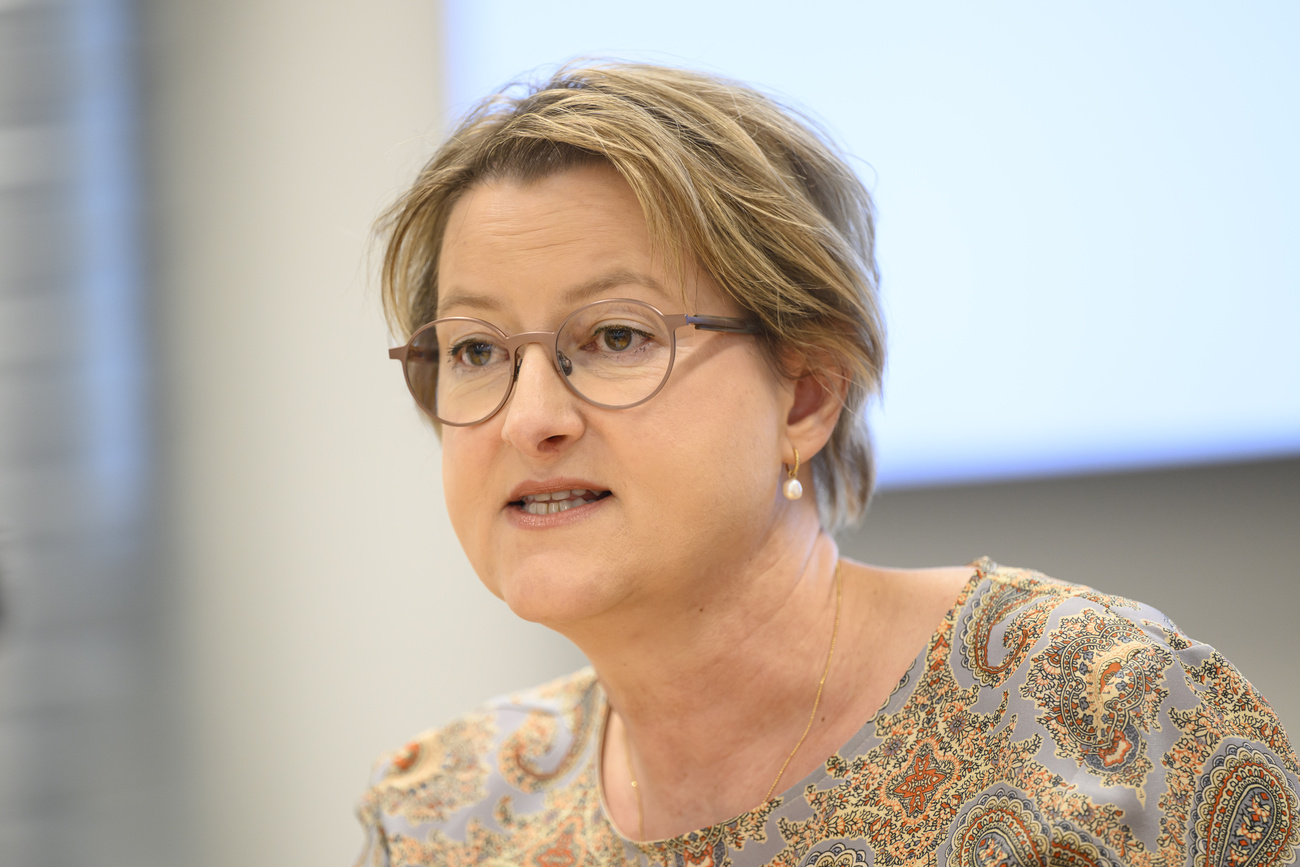Are you for or against the ban on synthetic pesticides in Switzerland?
On June 13, Swiss citizens will vote on whether to ban synthetic pesticides in agriculture. Are you for or against a ban, and why?
Let us know in the comments below!
From the article Calls grow louder for pesticide-free food and water
































You can find an overview of ongoing debates with our journalists here . Please join us!
If you want to start a conversation about a topic raised in this article or want to report factual errors, email us at english@swissinfo.ch.